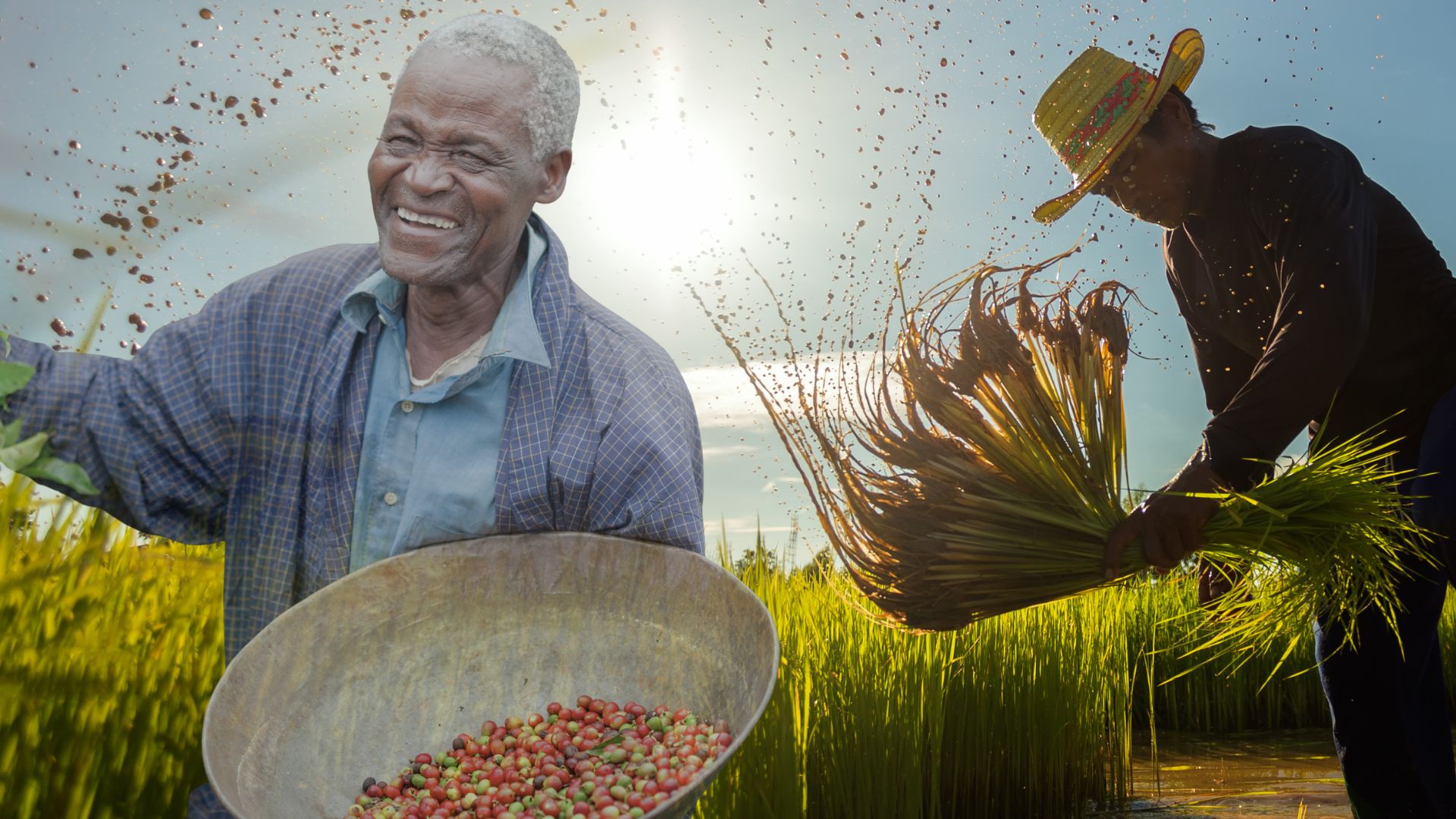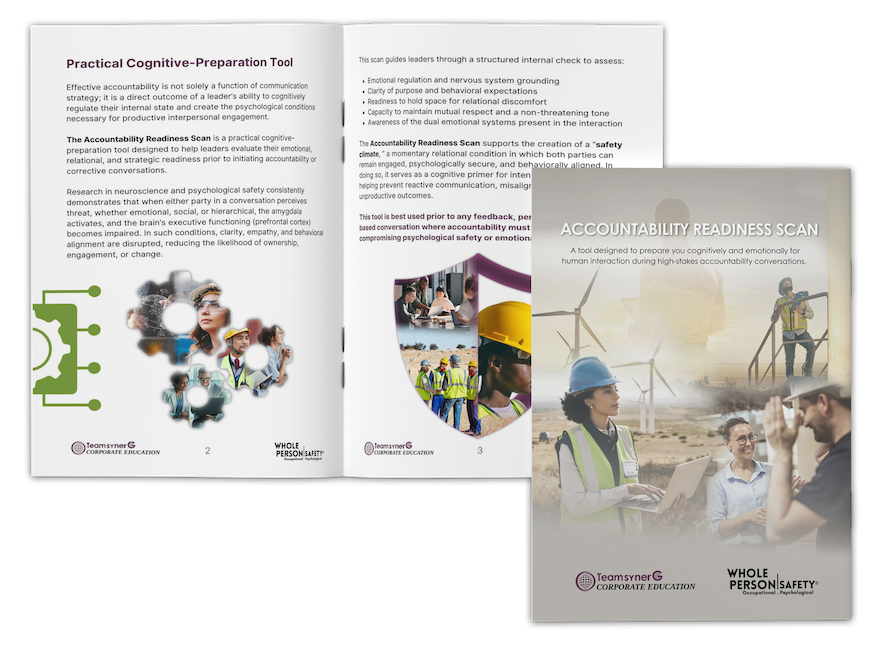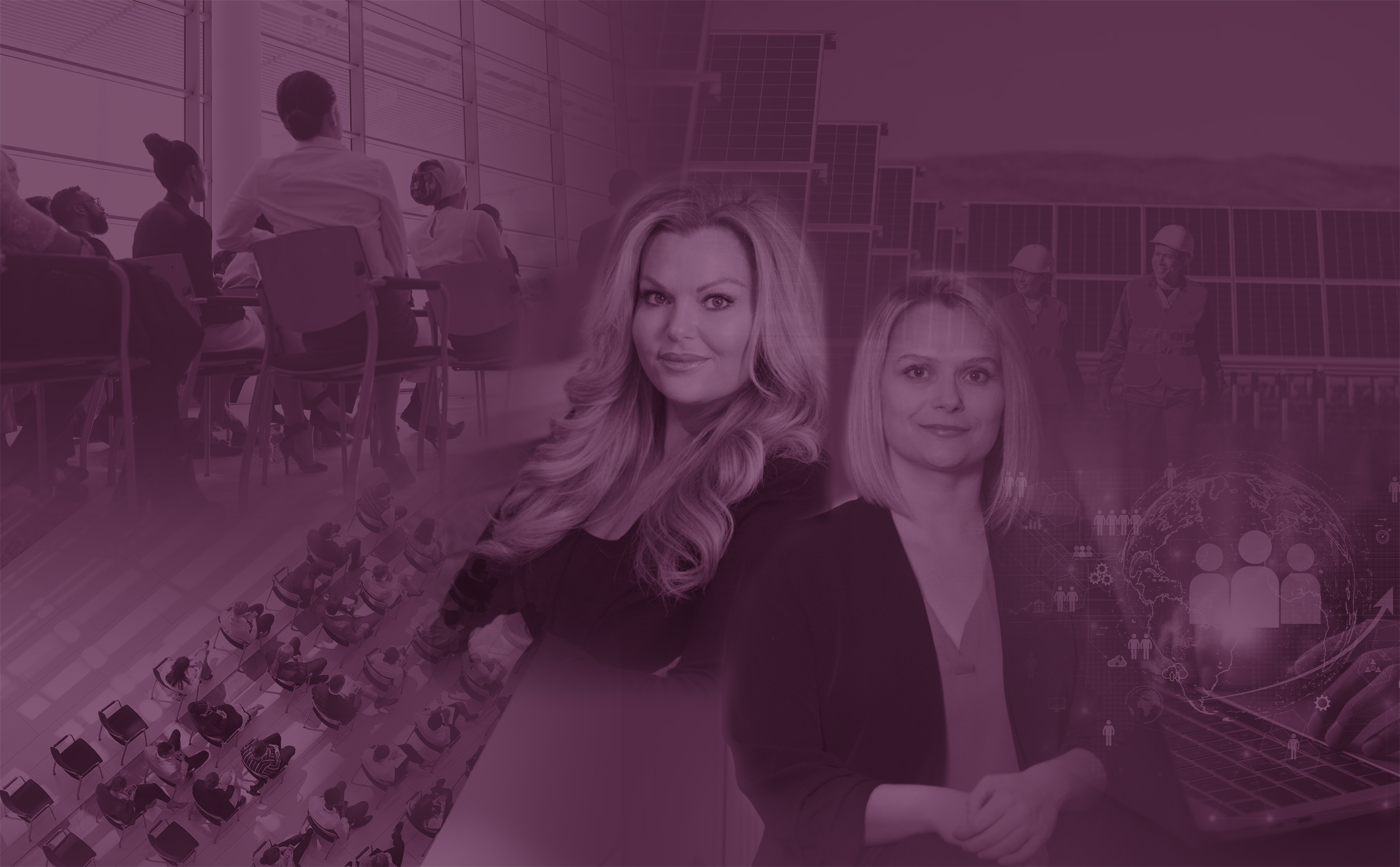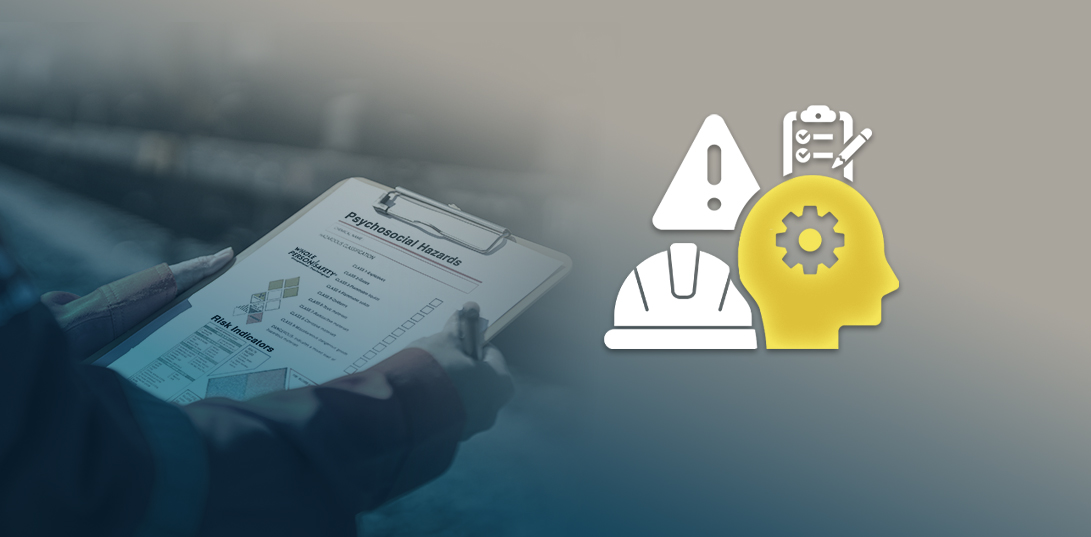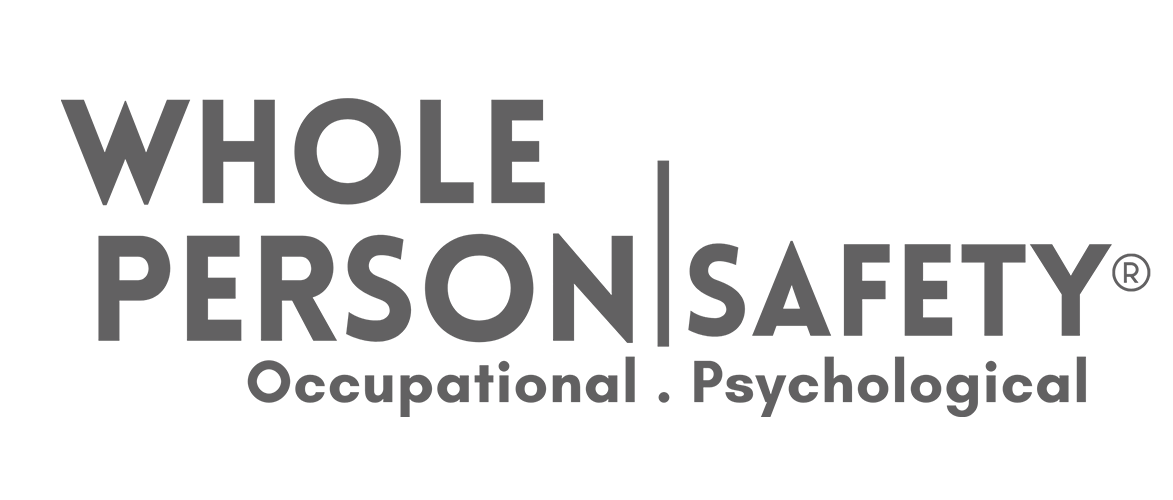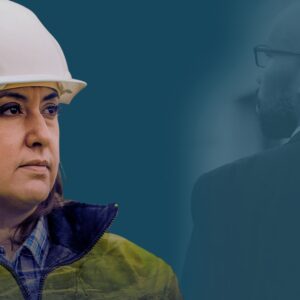Every time I sip a cappuccino, I pause, not just for the taste or the caffeine hit, but to offer gratitude for the journey of the coffee bean. Behind that moment of comfort are farmers, families, and laborers whose lives are shaped by forces far beyond their control.
In a world driven by mass consumption, convenience often overshadows consciousness. We grab, scroll, sip and forget. We forget that each cup of coffee is the product of hands that planted, picked, processed, and packed it. Many of those hands belong to communities that rarely receive fair compensation or recognition. That’s why every sip should serve as a reminder: our comfort often comes at someone else’s cost.
Equity, equality, sustainable practices or Fair trade are not just a label, they are lifelines. A small, often insufficient attempt to rebalance a system that for too long has exploited labor in the name of profit. And still, most consumers never stop to ask: Who grew these beans? Who harvested them? What system protects their dignity?
My work provides me the opportunity to meet, connect and create with people around the world and when I work with organizations in developing their community engagement strategies, I always begin with one question: Do you know who you impact?
Because in our pursuit of deadlines, profit, and performance, we’ve become numb to human experience. We’ve normalized ignorance. We rarely take that intentional pause to think, connect and care.
But what if gratitude became more than a personal feeling? What if it became an ethical practice? Grounded in emotional intelligence, accountability and ethical inquiry for a deeper awareness of our interconnectedness.
Coffee can be more than a drink. It can be a reminder, a reverence and a call for responsibility. Because giving thanks for a cup of coffee means giving thanks for the people behind it. It means honoring their labor, amplifying their voices, and protecting their future.
The same questions apply to avocados, chocolate, cobalt, copper, cotton and so much more across industries and continents. Whether it’s agriculture or mining, the pattern repeats: the further we are from the source, the easier it becomes to overlook the human cost.
That morning avocado toast may trace back to deforestation and water scarcity in communities that can no longer grow food for themselves. The smartphone in your hand, its battery likely contains cobalt mined under dangerous, exploitative conditions. Even gold, the symbol of wealth and beauty, too often carries a legacy of injustice, degradation, and environmental harm.
The comfort of the consumer is, too often, built on the discomfort of the worker and our land. This raises a question of accountability. Who is holding whom accountable? Who ensures that ethical production is more than a marketing slogan? Who speaks for the farmers, the miners, the families, the forests and who ensures sustainability isn’t just a certification process but a real-lived experience for the people.
Behind every product, there’s a system and behind every system, there are people, real people whose dignity and future should matter just as much as the convenience we take for granted.
So, the next time we sip, scroll, or spend, let it not be in ignorance, but in intentional awareness. Let your choices reflect a deeper truth: Ethical consumption is not just a privilege; it is a responsibility.
In a world of mass extraction and mass consumption, who is holding the line on accountability? Because whether it’s coffee or copper, avocados or aluminum, the list goes on and so must the call for truth, transparency, and justice.

